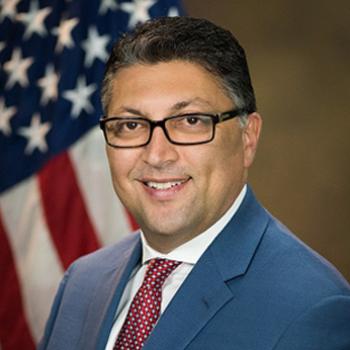IP, Antitrust and Standards: Have We Reached Global Convergence?
Wednesday, June 9th at 12:00pm EDT
Presentation and Discussion
The virtual panel examined the evolution of the debate at the intersection of standards, IP, and antitrust and further discussed what we can learn from the past, the take-aways from recent global developments, and guidance for the future
Event Abstract:
The last decade witnessed unprecedented success and growing economic importance of wireless technologies. Along with this success, the patents rights underlying these technologies -often included in technical standards promulgated through voluntary organizations of patent holders and implementers – received intense scrutiny from various business interests, policy makers, and researchers. The debate over Standards Essential Patents (“SEPs”) intensified – do SEP owners “hold-up” implementers of the patented technology, does “hold-out” also happen, should antitrust play a role in addressing disputes related to SEPs, should holders of SEPs — who promised to license them on fair, reasonable, and non-discriminatory (FRAND) terms – be allowed to seek injunctive relief against implementers, and how should these fair and reasonable licensing terms be determined?
Over the last 10 years, competition authorities on both sides of the Atlantic focused their enforcement and advocacy actions on SEPs and some guideposts from various court decisions have emerged. Agency positions have evolved too, such as the US Department of Justice (DOJ) Antitrust Division‘s New Madison Approach advocating for limited reliance of antitrust in policing IP-rights, and an US-interagency joint statement advocating for treating all patent rights as equal. Is some common ground for the treatment of SEPS emerging or will the landscape change with a new administration?

Makan Delrahim

Maureen Ohlhausen
